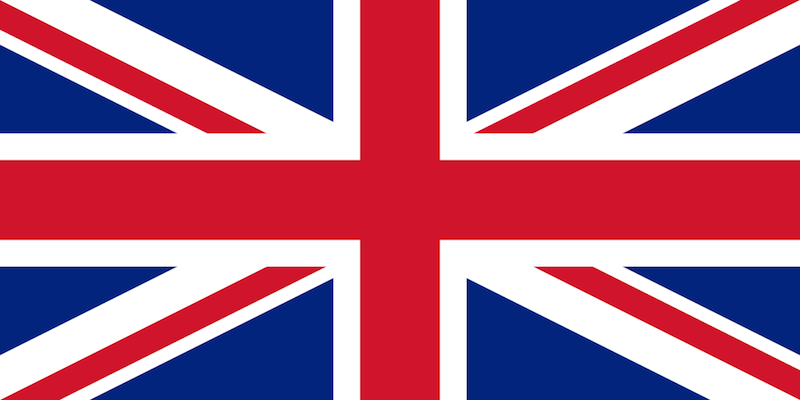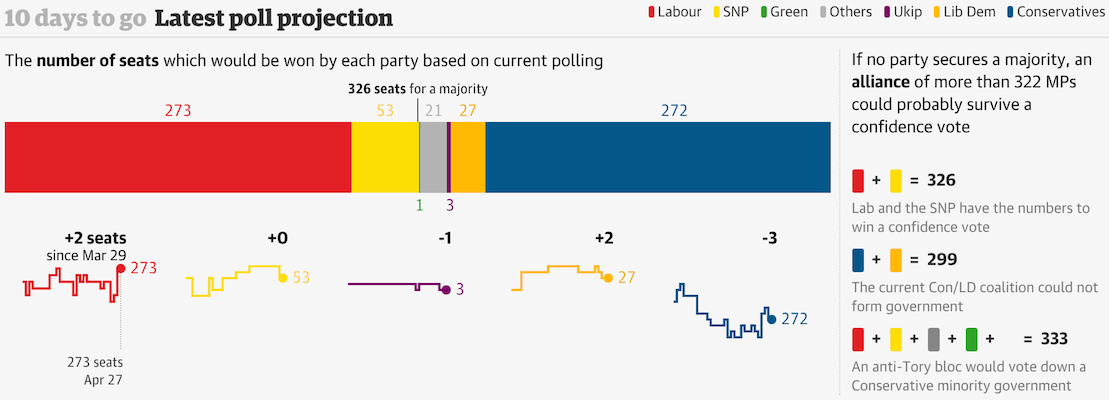The UK government appears to have covered up unauthorized participation in airstrikes in Syria (not just Iraq where it was approved in September 2014).
It did so by assigning personnel to fly under the command and flag of other countries — reportedly most likely the United States, but possibly also Canada. (Canada began participating in “coalition” airstrikes in Syria this past spring.)
Supposedly it’s just routinely part of a longstanding (early Cold War era) program to embed UK military observers into allied military forces, but this seems like quite a stretch for the intentions of such programs.
The UK parliament made it pretty damn clear under the last term that they didn’t want a Syria bombing campaign, effectively establishing a precedent requiring parliament to sign off on future military actions. Prime Minister David Cameron does have a Conservative majority now (unlike in 2013 or last September), but he hasn’t asked the new term’s members yet. So it seems fairly illegal to deploy UK armed forces members to participate in combat missions in an active warzone,
– with a hostile government (with air defenses and aircraft it could potentially use),
– and no UN support,
– where parliament had explicitly refused to authorize their actions.
Or at least it seems fairly illegal for now. He is widely expected to seek a new vote in parliament on Syrian airstrikes several months from now.

Aircraft participating in U.S.-led coalition airstrike missions in Operation Inherent Resolve against ISIS. (Credit: Dept. of Defense via Wikimedia)






 Well, I don’t know about that, Mr. Osborne, but it seems like trying to do something about
Well, I don’t know about that, Mr. Osborne, but it seems like trying to do something about